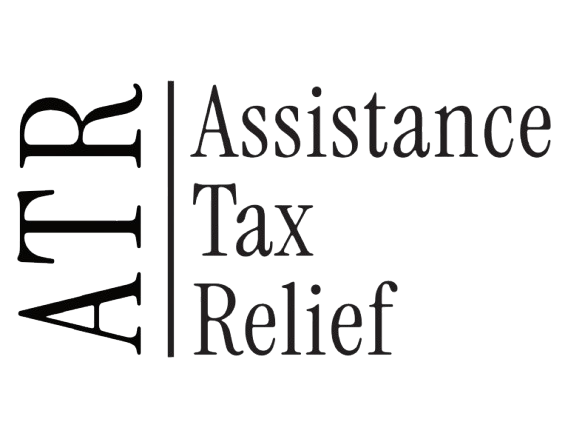Tax Debt and Death: What Happens When a Taxpayer Dies Owing the IRS?
Death is never easy to talk about, but when someone passes away owing tax debt, families are often left with confusing and stressful questions. Does the IRS forgive tax debt at death? Can the government come after heirs? What exactly happens to the estate?
The answers may surprise you. Here’s a clear breakdown of how the IRS handles unpaid taxes after someone passes away, and what family members and executors need to know.
Does Tax Debt Die with You?
The most common myth is that debt disappears when a person dies. With IRS tax debt, that’s not true.
When someone passes away, their estate—the sum of all assets such as property, savings, investments, and personal belongings—becomes responsible for paying outstanding tax debt before heirs receive anything. The IRS has priority status among creditors, meaning it gets paid before most other debts like credit cards or medical bills.
If the estate doesn’t have enough funds to cover the full amount owed, the IRS may write off the balance. However, that doesn’t happen until the IRS fully reviews and exhausts collection options. In some cases, this can delay estate settlement for months or even years.
The Role of the Executor or Personal Representative
The executor (or court-appointed personal representative) is the person legally responsible for managing the estate. Their duties extend beyond simply dividing property—they must:
File the final income tax return for the deceased.
Address prior tax years if returns were unfiled or balances unpaid.
Pay taxes from estate assets before distributing inheritances.
Communicate with the IRS to resolve open accounts, installment agreements, or pending audits.
If the executor distributes assets without satisfying the tax debt, the IRS can hold the executor personally liable for the unpaid balance. This makes careful administration crucial—and it’s one reason executors often seek professional help.
Can the IRS Go After the Heirs?
Generally, heirs are not personally responsible for their loved one’s unpaid taxes. However, the IRS can indirectly affect them by reducing or reclaiming what they inherit.
For example:
If a child inherits a house but the estate has unpaid tax debt, the IRS can place a lien on the property until the taxes are settled.
If heirs receive distributions before debts are cleared, the IRS can pursue those assets later.
If assets were transferred to heirs before death in an attempt to shield them, the IRS may consider it a fraudulent transfer and attempt to claw them back.
So while heirs won’t get a personal bill from the IRS, their inheritance can shrink—or even be reversed—if taxes weren’t addressed properly.
What About Joint Debts?
If the deceased filed joint tax returns with a spouse, the surviving spouse may remain fully liable for the balance. The IRS can pursue them directly for payment, regardless of the estate.
There are some protections, though. A surviving spouse may qualify for:
Innocent Spouse Relief – if they can prove the debt was due to errors or omissions made by the deceased without their knowledge.
Separation of Liability Relief – in cases of divorce or legal separation.
Equitable Relief – when the debt would be unfair to enforce against the surviving spouse, even if they don’t qualify under stricter rules.
These relief options can be complex to pursue, but they can make a life-changing difference for surviving spouses suddenly left with IRS debt.
Steps to Take if a Loved One Dies Owing Taxes
If you’re the executor, personal representative, or simply trying to help a grieving family handle IRS debt, here are the key steps to follow:
Collect records – Gather W-2s, 1099s, tax returns, IRS notices, and account transcripts. These documents are crucial for determining what’s owed.
Notify the IRS – Send a copy of the death certificate to the IRS so their records reflect the taxpayer’s passing. This also halts automated collection notices.
File required returns – This includes the final Form 1040, plus any past due returns. Estates may also need to file Form 1041 (estate income tax return).
Pay from estate funds – Taxes must be paid before heirs receive distributions. Executors should not use personal funds unless they choose to do so voluntarily.
Explore resolution options – If the estate can’t cover everything, tax professionals may negotiate an Installment Agreement, Currently Not Collectible status, or even an Offer in Compromise on behalf of the estate.
Bottom Line
Tax debt doesn’t die with the taxpayer—it transfers to the estate. While heirs are usually shielded from direct liability, their inheritance is at risk if the estate owes money to the IRS. Executors carry a heavy responsibility and can even be held personally liable for mistakes.
If you’re handling an estate with unpaid taxes, don’t go it alone. Professional guidance can prevent costly errors, speed up the resolution, and protect both the executor and the heirs.
